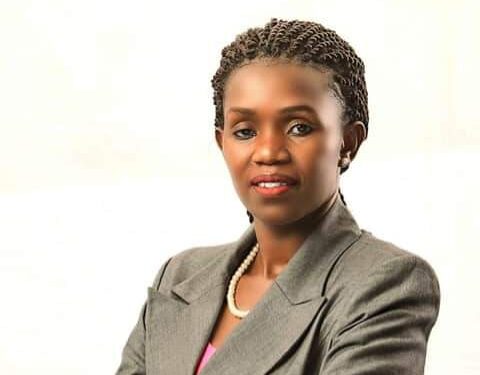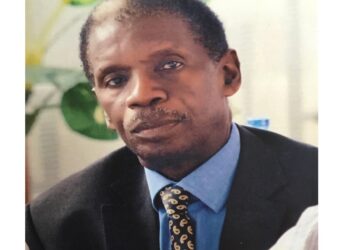My attention was drawn to an editorial piece in the Monitor newspaper dated January 13th, 2024 where the writer made a case as to why Uganda should be bothered about the alleged heinous sexual crimes committed by TB Joshua. He noted that similar crimes have purportedly been committed by preachers in Uganda. However, these preachers, like TB Joshua was, are heavily protected by authorities, the reason they are untouchable. The editor wound up by making an appeal for a law that will check faith-based actions in order to curtail crimes similar to TB Joshua’s. Similar appeals have been made over the years about crimes committed by men of God.
It is important to note however, that men of God are Ugandans first before they are servants of God. This means that any other law that speaks to Ugandans should be applied to them when they commit a crime. Any crime that has a provision in the constitution of the country, should commensurately be applied to men of God so that they are prosecuted accordingly. For example, Uganda has laws against defilement and rape. These laws apply to all Ugandans, preacher or not. There is therefore no need to waste time enacting another law similar to the current one for this kind of crime. The most important thing is for witnesses/victims to come out and provide the evidence needed to apprehend culprits, whether they are men of God or not.
In addition to the law, the editor pointed out that these criminal preachers are heavily guarded by authorities. If this is true, then that’s exactly where the problem is. If witnesses are coming forth to give evidence and the very authorities that are supposed to back the victims to seek justice are instead protecting the criminals, there is a problem! It means we cannot be asking the same authorities to come up with a law yet they are failing to utilize the existing law to apprehend law breakers. It is well-known that the protection of criminals by authorities is not limited to roguish preachers. Authorities are protecting criminals from all walks of life against prosecution in spite of clear evidence regarding crimes committed. Therefore, the editor should be looking to interrogate what can be done about authorities who shield with criminals (mostly, prominent figures in society) from facing the law.
We cannot have a special law for all career people for the same offense say, a law for doctors who commit sexual crimes, a law for engineers who commit sexual crimes etc. The argument by some is that preaching is not a professional career like the above-mentioned. The bottom line however is, as that long as the person commits the crime in Uganda, they should face the same law, preacher or not. Possibly, the editor thinks that criminal preachers should face tougher sentences for their crimes since they are role models in society. While this seems like common sense, it would be legally unfair and discriminatory against men of God.
The editor went on to justify the clamor for a law by referring to the Traditional and Complementary Medicine Act of 2019. The two scenarios are not comparable however. This particular Act being referred to can only be juxtaposed against modern medicine, in all fairness. These are products that working to the same end results. This Act however, cannot be used as justification to regulate and create order when it comes to matters of faith. Faith is in the field of spirituality which forms the core of who a person is. Human beings are a sum total of beliefs collected along their path of life. Their beliefs/faith is beyond regulation because this directly impinges upon who they are, at the core. The freedom to believe is sacred and should not be subjected to special laws. While medicine, traditional or modern, treats the body, faith speaks to the spiritual component of man.
The writer’s eagerness to protect ‘unsuspecting Ugandans’ who might fall prey to sexual crimes, extortion and other such crimes by criminal preachers, is equally understandable. Uganda has laws in place for most crimes. Possibly, authorities could do more public sensitization of crimes like sexual assault and extortion that can be committed by men of God by encouraging the public to report to the authorities. But then again, if the same authorities are presumably participating in protecting high profile criminals like powerful preachers, then, as mentioned before, the solution is in dealing with the authorities. Equally, if the public realizes that authorities get to protect criminal preachers, then these cases will not be reported. If someone complains that they have been extorted, or assaulted sexually, by all means, these should be supported to seek justice. The question is, what should be done to authorities that are not protecting criminals, preachers or not?
Agnes K. Namaganda
Do you have a story in your community or an opinion to share with us: Email us at editorial@watchdoguganda.com













